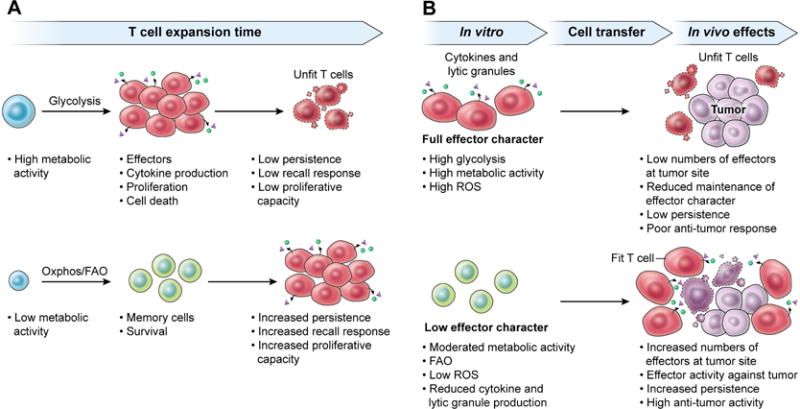Figure 4. Metabolism regulates T cell functionality and longevity.

The activity of metabolic pathways in T cells exerts a profound influence on immune function and lifespan. (A) In general, T cells that exhibit high metabolic activity, including elevated glycolysis, mitochondrial activity, and anabolic growth activity are characterized by inflammatory effector character. While these cells are capable of high levels of cytokine production and rapid proliferation, they exhibit poor long-term persistence. Conversely, cells that maintain low levels of metabolic activity are favored for long lifespans and memory formation, with the ability to expand and enact robust immune responses at later times. (B) The metabolic activity of T cells that are used for adoptive transfer to mediate anti-tumor responses also plays a key role in governing the efficacy of the response. Cells that achieve full effector character, with heightened metabolic activity, during in vitro expansion exhibit poor persistence and anti-tumor efficacy upon in vivo transfer. However, cells that exhibit moderated metabolic activity during in vitro expansion mediate efficacious anti-tumor responses, characterized by increased proliferation, production of inflammatory cytokines and lytic granules and ultimately improved tumor clearance.
